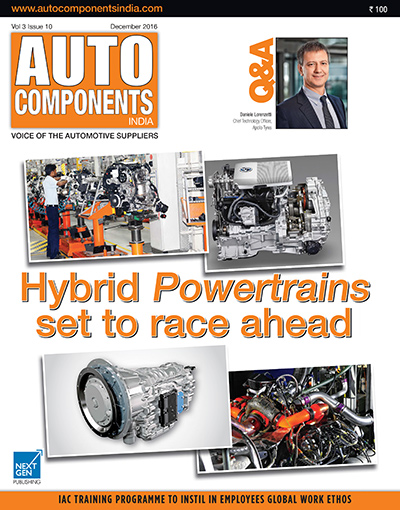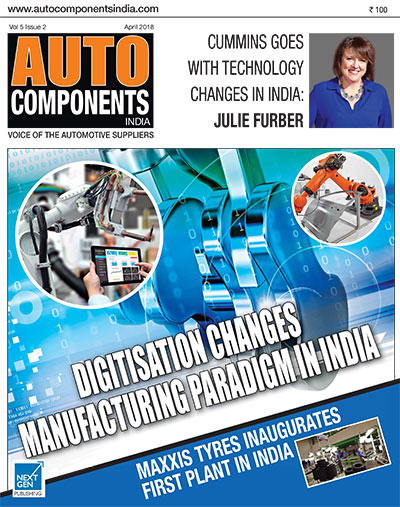The demonetisation of the Rs 500 and Rs 1000 notes by the Government of India, aiming mainly at black money and counterfeit notes, is expected to cleanse the formal economic system. In an awfully heterogeneous society as in India the move has several unintended, unforeseen and unplanned consequences. There will be a definite slow down in the economy, but it might be for the short term. The impact on the automotive industry was immediately visible on the stock market as the BSE Auto index fell 2.5% on November 9. The fall is yet to cease.
The drastic impact will be on the sales of two-wheelers, and on passenger cars to an extent, especially in the rural markets, where cash transactions are predominant. The slow-down, with the implications of a recessionary trend, may continue until the rural buyers also resort to payments through the official channels. Hopefully by the beginning of next year the sales would gather a fresh momentum.
The Indian automotive industry, focusing on the future, and in tune with the global industry, is working on developing cleaner powertrains, alternative fuels and transmission systems. In India also the automotive industry is driving up to be autonomous, electric and connected. Electrification of the powertrain has enormous potential for reducing fuel consumption and emissions by large and heavy vehicles without compromising on performance and driving dynamics. To this end, most of the OEMs are making technical developments in the field of electromobility, continuing to set new standards in optimal energy efficiency and reduced carbon emissions.
For changes in the automotive technology that supports ‘greening’ of transportation, priority is given to advanced powertrains, including hybrids, plug-in hybrids, battery electrics, advanced internal combustion engines and advanced diesels, and alternative fuels, including renewables such as biofuels, solar and hydrogen.
The government policy, through the establishment of future CAFE standards and other actions, has an important role in powertrain development. Policy mandates will drive the pace of continued technological development in the powertrain arena. But it is the shape and form of innovations that have the scope to initiate drastic changes in the skill set of workers. The vehicle manufacturers and suppliers are developing multiple technology solutions, requiring a wide range of technical skills. In this current edition we have focused on the future of powertrains and the experts have shared their views about the future.
Let’s make India cleaner for a brighter future
Bhargav TS
Executive Editor
s.bhargav@nextgenpublishing.net









Leave a Reply